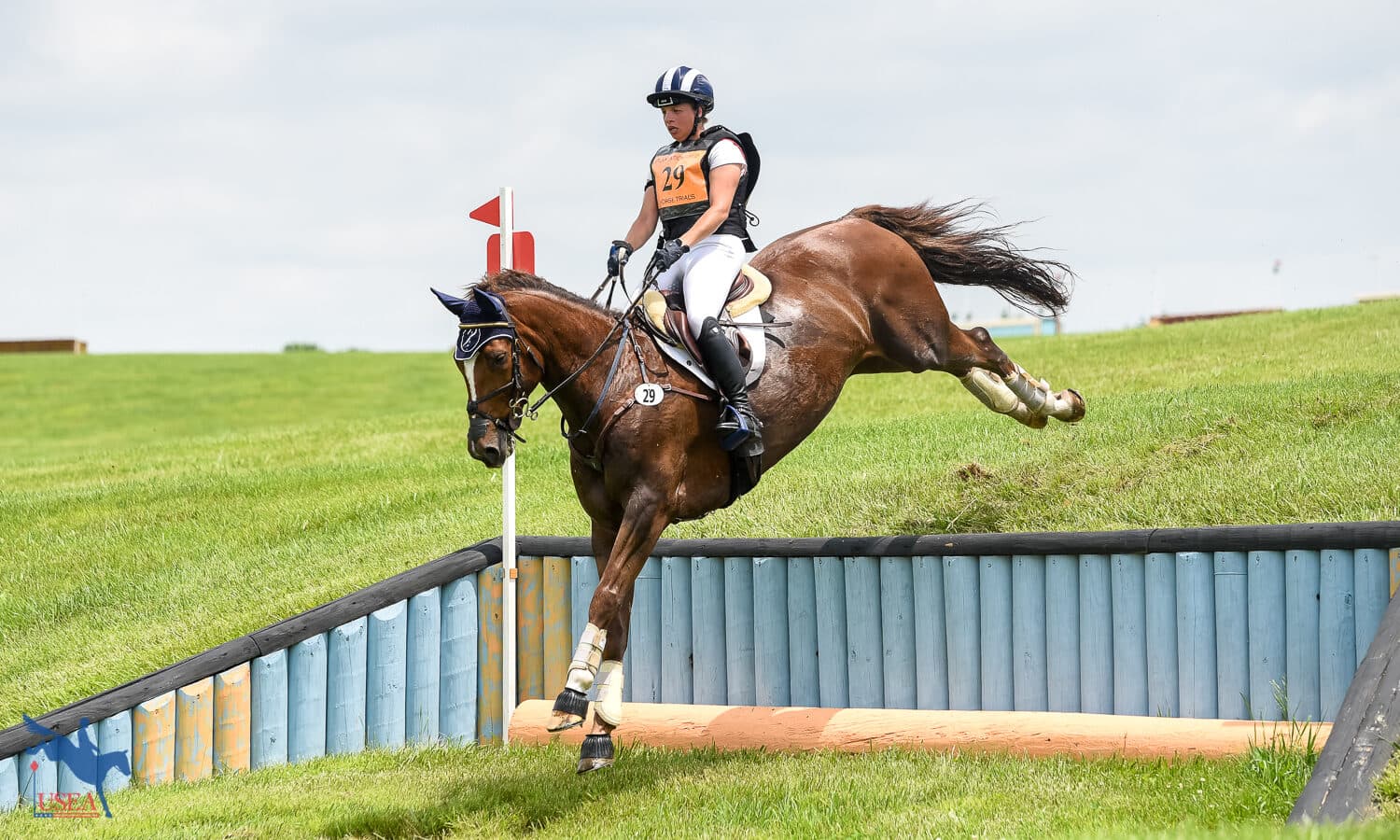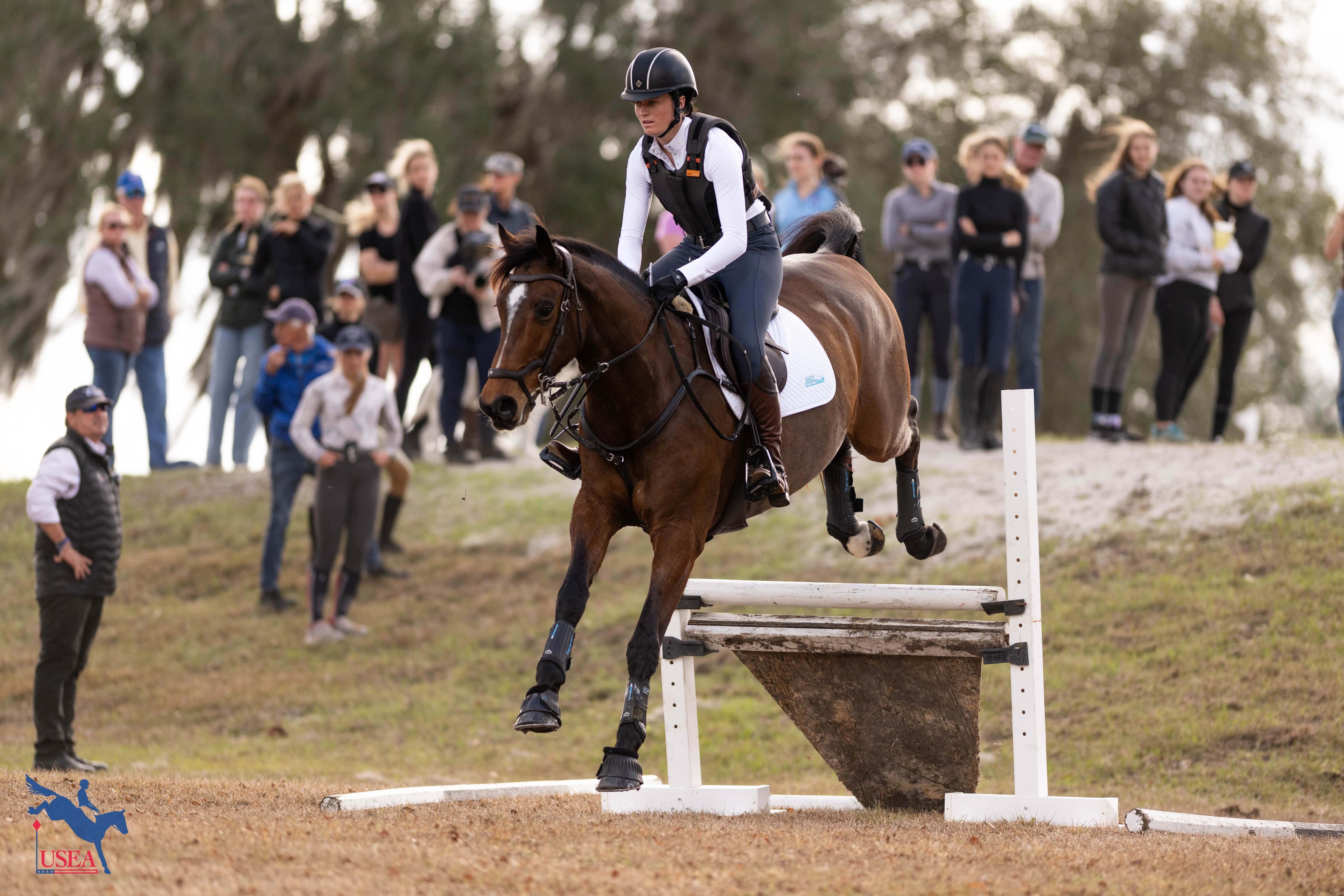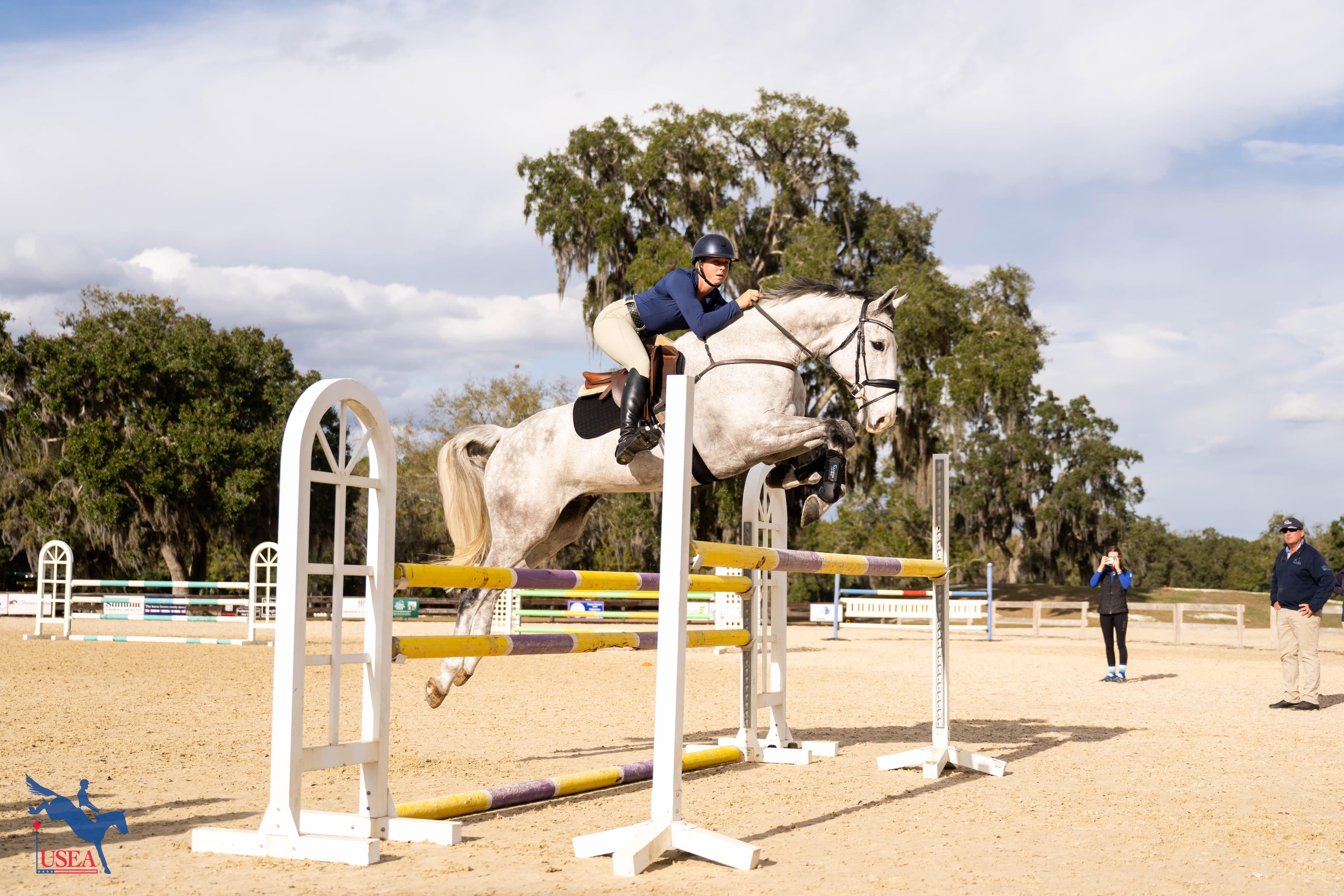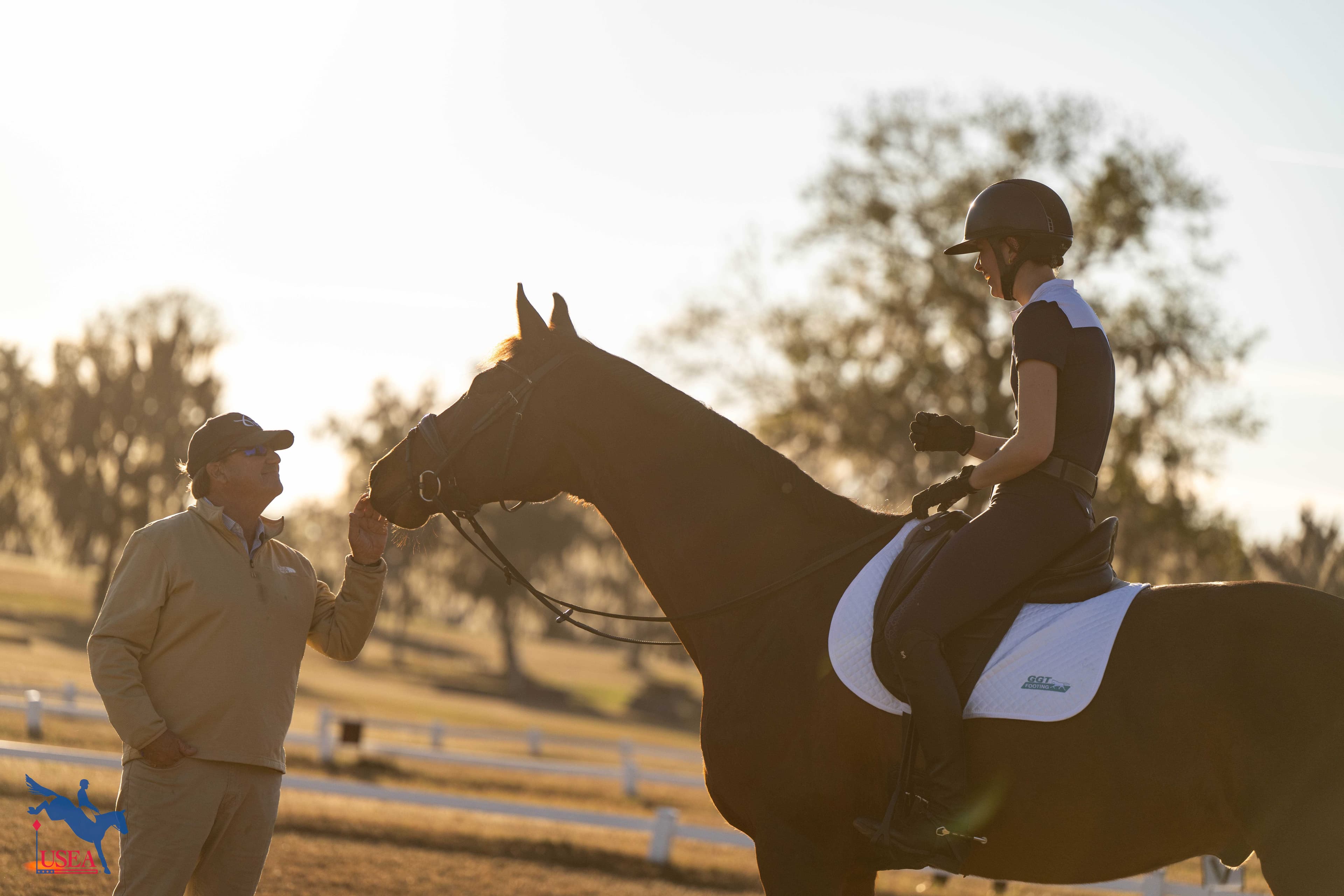Pressure Proof with Daniel Stewart: The Anxiety Cycle is not a Bike!

Our sport is going to present you with many amazing opportunities, and some equally amazing challenges. While you’re sure to enjoy the opportunities, it sometimes takes a little more effort to enjoy the challenges. Contrary to the common misconception (from non-equestrians) that our sport is easy, it’s actually one of the hardest and most demanding sports of all! After all, you’ll never see a skier trying to calm herself down after her skies spooked at the snow, and there’s no such thing as a chestnut-mare tennis racket that refuses to load into the car! Our sport certainly does provide us with a lifetime of wonderful and fulfilling opportunities, but the relationship with our four-legged partners ensures we’ll also receive a lifetime of crazy and often-times frustrating challenges.
Your ability to push beyond these challenges depends on having the mental strength and self-believe to avoid something called the anxiety cycle, which works something like this: When you experience a stressful challenge and avoid it (like cantering or backing your trailer for the first time) your brain releases a surge of relief that makes you feel better, which increases the likelihood of your brain telling you to avoid those things again in the future. After all, your brain’s number-one job is to keep you safe, so relief is one of its favorite emotions!
But here comes the sad part. Every time you avoid a stressful challenge and survive, your brain releases a series of reward chemicals that’ll begin to create an unwanted cycle consisting of three actions: (1) you recognize a challenge, (2) you avoid the challenge, and (3) you feel relief (reward) because you avoided it. Before long, your brain will actually encourage you to avoid the hard stuff by creating a series of neural pathways that’ll wire these three actions together - and in time - fire them together, meaning they’ll happen automatically and become a habit. Yikes!
When behaviors like these are wired and fired together, learning (neuroplasticity) has occurred, but not the kind of learning you’d hoped for! Unless you break the anxiety cycle, this unintentional habit of avoiding challenges (basically anything outside your comfort zone) will continue to strengthen and eventually build into the unwanted and undeserved habit of always avoiding situations that might seem a bit difficult or overwhelming. Unfortunately, these are the very challenges that lead to learning and growth!
In essence, the anxiety cycle works like this: every time you avoid something challenging and survive your brain says, “Yay, let’s always do that!” Eventually, it becomes a habit because your brain wires the challenge and the avoidance together. They’ve now become one. You can’t seem to have one without the other. You can seem to see a challenge without trying to avoid it.
So it goes without saying that the anxiety cycle needs to be stopped, and the good news is that you can do so by simply swapping avoidance with action. Every time you identify a challenge, take it! Before long your brain will swap the anxiety cycle with a new action cycle: (1) you recognize a challenge, (2) you accept the challenge and take action, and (3) you feel relief (reward) because you overcame it! These actions will now become wired together (challenge - action - reward) and before long, they’ll begin to fire together as they become your new habit.
I hope you enjoyed the month’s Pressure Proof Tip and that I’ll see you in one of my 44 summer clinics around the country this June, July, and August! Feel free to email me at [email protected] if you’d like more information on how your group can host or join one of my summer clinics.














